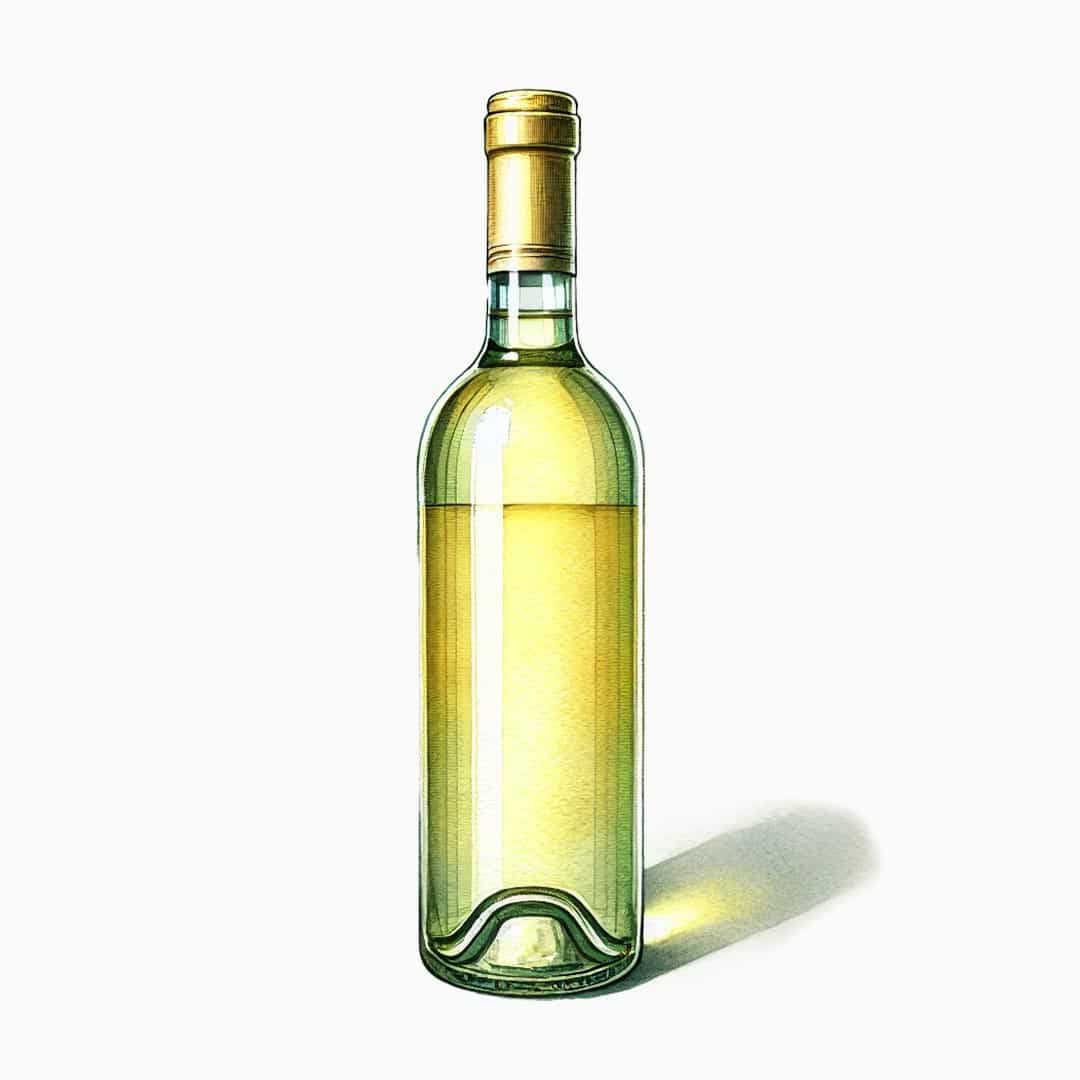
Drinks with white wine
White wine is an extremely versatile ingredient that adds a sophisticated and fresh dimension to a wide range of cocktails and drinks. With its wide range of flavor profiles, from dry and crisp to fruity and sweet, white wine can be integrated in many different ways to create balanced and complex beverages. The natural acidity and fruity notes in white wine often complement other cocktail ingredients such as fresh fruit, herbs and spirits, resulting in a harmonious taste experience.
When choosing white wine for cocktails, it is important to take into account the characteristics of the wine and how they interact with the other components of the drink. For example, a dry Sauvignon Blanc or Pinot Grigio can contribute a sharp and clean acidity to a spritzer or sangria, while a sweeter variety such as Riesling or Moscato can add a pleasant sweetness and fruitiness to summery punches or dessert cocktails. In addition, oak-aged Chardonnay with its buttery and vanilla notes can be used to create more complex and full-bodied drinks.
To achieve the best taste and quality in your cocktails, it is essential to use fresh and well-chilled white wine. It must be stored properly and consumed within an appropriate time horizon to retain its fresh and crisp nature. White wine can also be used as a base in larger contexts, such as in punch bowls for large gatherings, where it is mixed with fruit juice, sparkling water and fresh fruit to create a refreshing and visually appealing drink.
The use of white wine in cocktails is not just limited to modern drinks; it has a long history of use in traditional recipes, where its ability to bind flavor components together has been prized for centuries. Its versatility makes it an indispensable component in any bartender's repertoire, where it can be used to create both simple and complex drinks that delight and surprise the taste buds.

